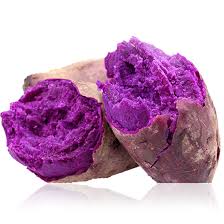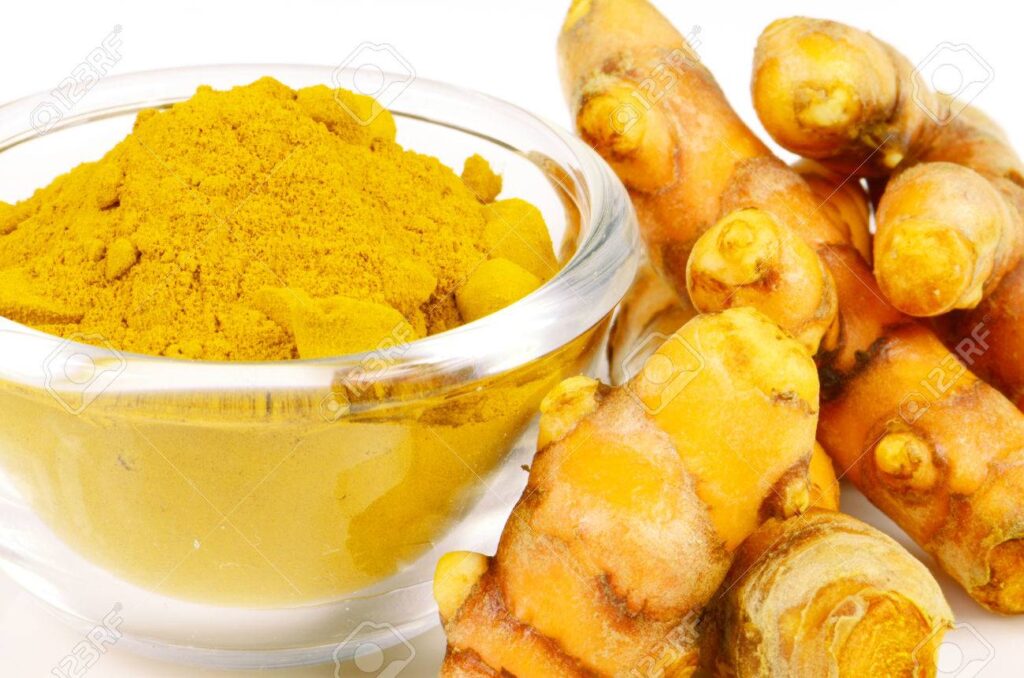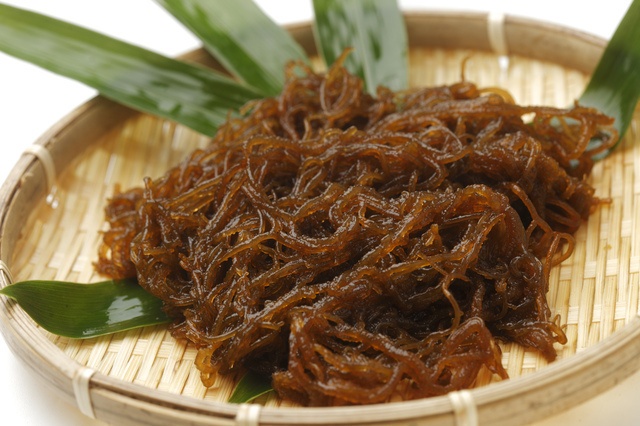In this blog, I want to discuss Longevity (long life) and diet. Caloric Restriction (C.R.) is a research priority for the U.S. National Institute on Aging. However, little is known about its effects on human health.
In Okinawa, the chronic disease profile of the elderly is particularly striking, with Coronary Heart Disease (CHD) mortality rates 80% lower, and cancer mortality rates 40% lower than in the United States. It reflects that estimates W.H.O. and C.D.C. believes can be prevented.
So, I wanted to dig deeper and investigate how Okinawa has a long life from a nutritional perspective and Caloric Restriction (C.R.).
According to “Caloric Restriction, C.R. Mimetics, and Healthy Aging in Okinawa: Controversies and Clinical Implications” by Bradley J. Willcox et al., the healthy aging phenomenon in Okinawa is mainly due to nutritional factors, and calorie restriction (C.R.) is considered an essential element. The most extensive analysis of Okinawa’s C.R. phenomenon was based on 50 years of nutrition, phenotype, epidemiology, and demographic data. Using the dietary surveys and demographic health data from the 1950s to the 1990s, this analysis found that the adult population was in a relative “energy shortage” consistent with C.R. until the late 1960s, consuming about 11% fewer calories. (1,785 kcal) was shown.
There are several nutrients related to Okinawa’s Longevity. Still, in addition to C.R., another nutrient gaining increasing attention is the particular food and health properties of certain foods from the traditional Okinawan diet. Some of these foods mimic C.R. and may act as “imitations” of calorie restriction.
The representative food in Okinawa is Sweet Potato, mostly Purple sweet potato, Marine-based carotenoid sources, such as seaweed, algae, kelp, including turmeric.
Sweet potato has phenolic acids, flavonoids, anthocyanins, and carotenoids. One of the notable nutrients is unique nutrition called “Sporamin.” Sporamin is a significant storage protein that makes up more than 80% of the total protein in edible nodule roots and exhibits biological functions such as environmental protection and free radical inhibition. Sporamin is systemically expressed in response to stress such as injury, extreme environment, injury, pests, and toxin protection.

Turmeric contains one of the primary active compounds, curcumin, a phenolic mixture concentrated in Curcuma longa. Turmeric has been extensively studied for its many biological activities, including anti-inflammatory, antioxidant, and anti-cancer properties. Curcumin’s antioxidant capacity correlates with reduced activity of nuclear transcription factors in the NFkβ signaling pathway that regulates the transcription of several pro-inflammatory genes. Epidemiological studies and clinical trials have also suggested that curcumin inhibits pathological processes associated with dementia, especially Alzheimer’s.

Interestingly, the prevalence of dementia in the elderly appears lower in Okinawans who consume curcumin than in the United States.
Finally, seaweeds contain xanthophyll fucoxanthin, the polysaccharide fucoidan, astaxanthin, and phlorotannin, some of which are shown to act a thing like mimic C.R.
Notably, Fucoidan is another marine-based carotenoid with exciting health properties. It is a sulfated polysaccharide contained in popular marine foods in Okinawa, such as seaweed kelp, wakame seaweed, Mozuku seaweed, and hijiki seaweed. Especially brown seaweed extracted from Mozuku that contains more Fucoidan. Fucoidan has several anti-carcinogenic properties, from direct cytotoxic effects on cancer cells to inhibition of carcinogenesis by apoptosis, angiogenesis, local infiltration, and metastasis. Fucoidan appears to be important in insulin signaling, the primary biological pathway of aging. Recent studies of Fucoidan have shown that it has a significant hypoglycemic effect. The fucoidan-supplemented group also had significantly reduced weight gain and less fat in the liver and epididymis than the unsupplemented group. Fucoidan-supplemented mice also showed significant reductions in plasma triglyceride, total cholesterol, and low-density lipoprotein levels. Fatty liver induced by a high-fat diet improved in the fucoidan-supplemented group.

In many respects, I think the traditional diet of the Okinawans, the longest-lived (and healthiest) people globally, provides many clues for research on healthy aging and Longevity. Okinawans have shown that eating a plant-rich diet, a lean protein source, seaweeds, and healthy fats is a wise choice, at least in adulthood. In particular, nutrient-rich, low-calorie vegetables, fruits, and legumes, Mozuku that consume more are the intake of phytonutrients that help most of us achieve a healthy weight and promote health.
I sincerely believe that this blog will encourage people to choose the right diet and help everyone live longer, healthier, and more productive.
